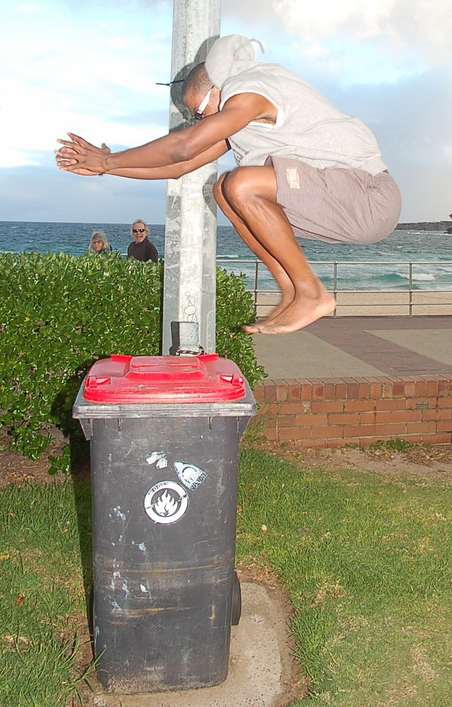
How are those New Year's resolutions doing? This time of year many of us choose to create a list of resolutions we wish to keep for the short, medium or long-term. One key to success for any of this is to use a formalised method to get there.
We often choose goals that are quite vague such as 'I want to lose weight' or 'I will get healthier'. Studies have shown that 88% of New Year's resolutions fail so any help we can get making positive changes to our lifestyle is useful. What does getting healthier mean? How do we know if we are successful or at least going in the right direction?
Well making yourself accountable is one key to success. One method that can help is the use of SMART goals. This is not restricted to the start of a year, but useful at any time and for any project. It's a tool useful in managing business change and there are no reasons why we can't apply it to lifestyle change.
SMART is an acronym for making goals - Specific, Measurable, Achievable, Relevant and Timed.
Specific - specify exactly what you want from your goal, be precise here. Think about what you really want down to the last full-stop.
Measurable - can you measure and track its success? It is useful to provide a feedback mechanism that will monitor progress.
Achievable - set an objective you can realistically attain, use whatever resources to ascertain what this realistic level should be.
Relevant- is this a suitable goal for YOU and you alone? Is it realistic?
Timed - set a time frame for this goal. Set regular intervals to record and check progress before the start and finish.
Here's a couple of SMART goal examples:
“I will lose 7lbs of body fat, decrease my waist size by 2 inches and improve my body fat percentage from 18% to 13% by 31st March 2013”
"I will increase my deadlift from 1.5 to twice my bodyweight by the end of 2013"
Other ways to increase success:
- think about what you are gaining, rather than what you are giving up;
- list down three times as many benefits of making this change, rather than list of negatives - this multiple has been shown to be effective in ensuring change;
- make your goals public and enlist the help of friends and family to encourage and provide support;
- set yourself small, measurable sub-tasks (think baby steps rather than huge strides) so it is easier to accomplish;
- write your goals down, create a checklist and mark these off on completion;
- focus on the positive when you lack motivation;
- once you have set your goal, recognise this isn't enough, nothing can be accomplished without taking action!
--Darryl
 Friday, January 11, 2013 at 15:51 | by
Friday, January 11, 2013 at 15:51 | by  Darryl Edwards
Darryl Edwards 
 Motivation
Motivation 





















